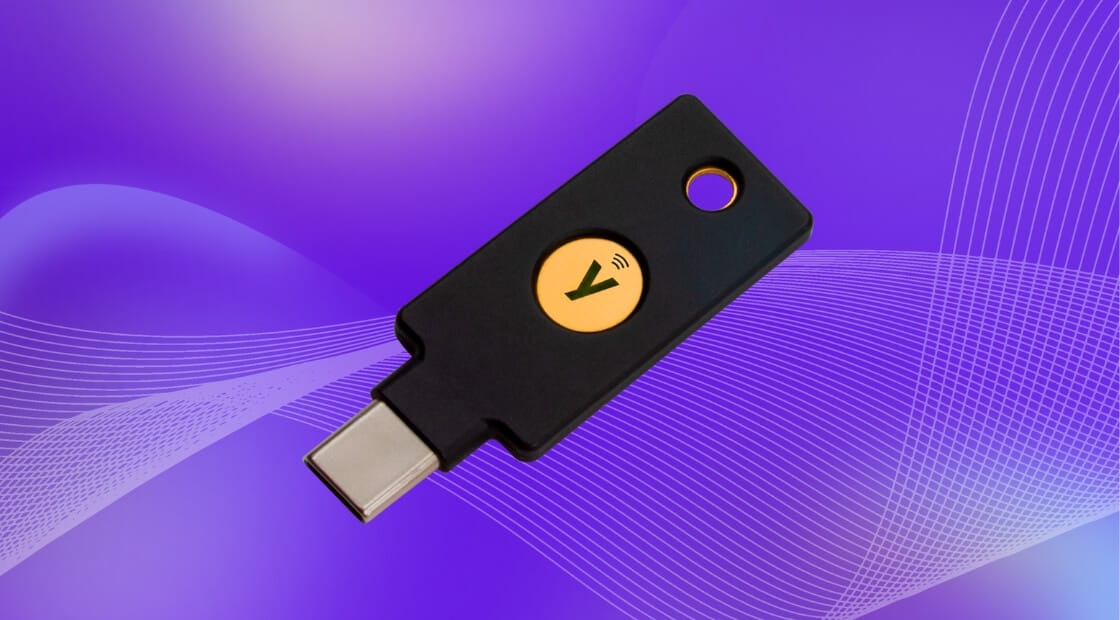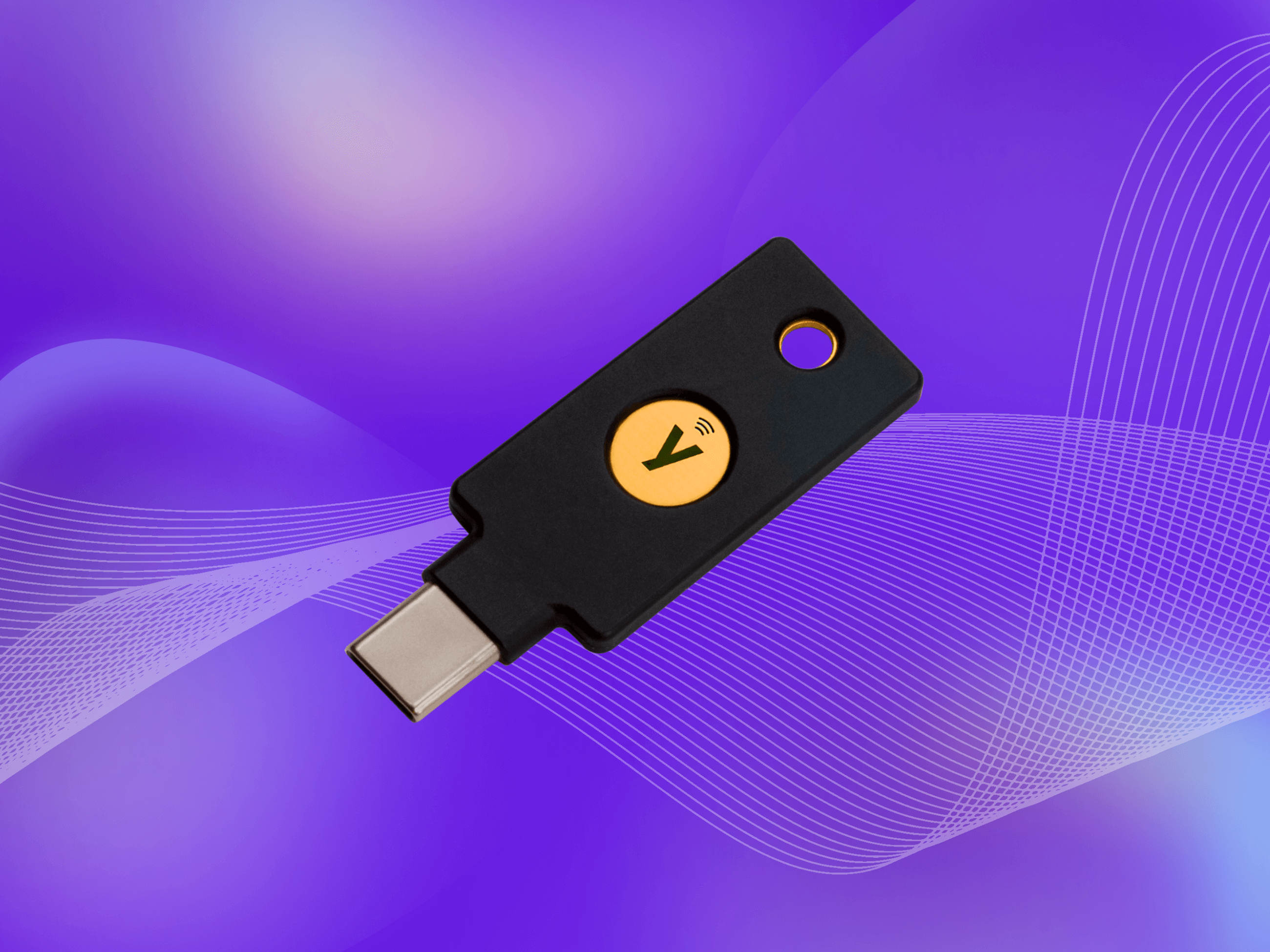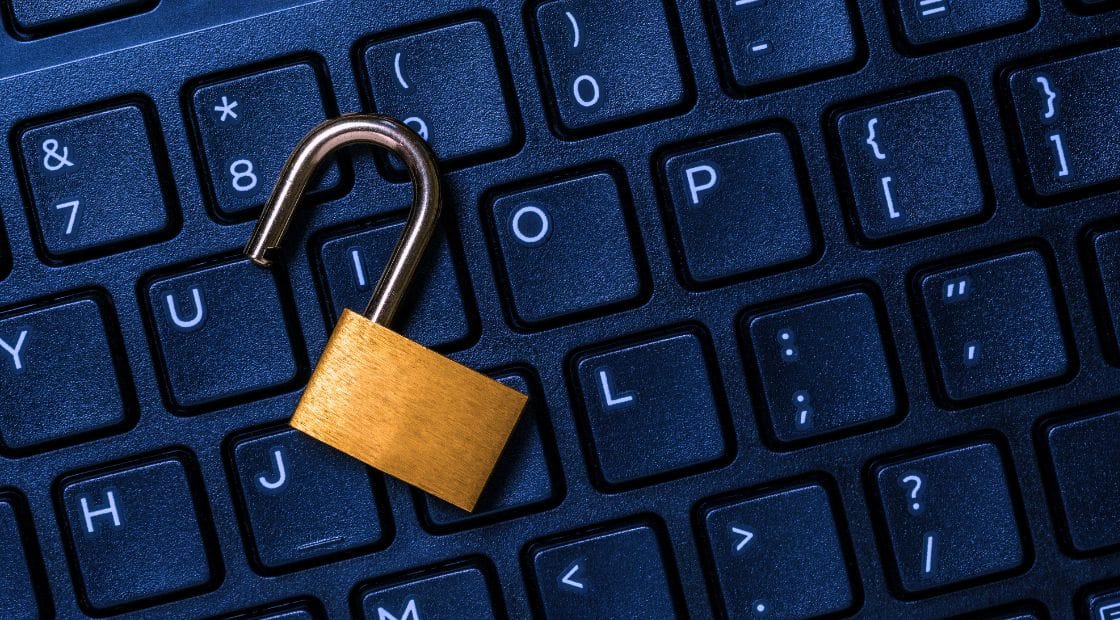Security Briefing: Keys of the future, life after CrowdStrike outage
Casa's Bitcoin 2024 announcement is a game-changer for self-custody. Find out more in this week's briefing...
Just announced: Secure your bitcoin vault with a YubiKey

What if hardware could be easy to use and secure? Now, it can.
On Friday at Bitcoin 2024, Casa announced a new breakthrough in self-custody. Casa members can now secure their bitcoin using a YubiKey as a key in a multisig vault.
YubiKeys are simple, intuitive devices that hold your key in cold storage and allow you to authenticate with the tap of a finger. Historically, their biggest use case has been multi-factor authentication. Thanks to recent upgrades, you can now use them to hold a bitcoin key.
Signing with a YubiKey is a breeze. Simply plug the device into the computer, follow the instructions in the Casa app, and tap the icon when prompted. YubiKeys do not require software of their own or technical knowledge to use.
These devices bring a balanced approach to self-custody and they can be used in place of and in conjunction with hardware wallets.

World grapples with fallout from CrowdStrike outage

It's been about a week since a software update from CrowdStrike wiped large chunks of the internet offline, bringing everything from air travel to hospital systems to a screeching halt. And now, we're learning more details about what happened.
CrowdStrike published a postmortem Wednesday in which it said a "content configuration update" was released on July 19 that triggered a crash in Windows systems around the world resulting in an error prompt known as the "Blue Screen of Death."
The issue caused affected computers to fall into a boot loop, a problem where a computer tries and fails to boot over and over. In many cases, fixing the problem required system administrators to boot each individual computer into safe mode manually, which is a time-consuming process.
🔑 Key Insight: How can one company have such an outsized effect on the internet? Trust. What may seem like your computer can be rife with third-party plug-ins and dependencies. The massive outages globally right now are an example of why bitcoin node software does not automatically update. Auto-updates introduce systemic risk.
Gemini discloses data breach from third-party ACH provider, banking information exposed

Crypto exchange Gemini revealed Friday that a banking partner suffered a data breach from an unauthorized actor in June.
Email notifications were shared with the California Attorney General's office. Exposed data included names, bank account numbers, and routing numbers provided to the exchange for fund transfers.
The breach is reported to have involved an "internal collaboration tool" the banking partner used. The partner is not yet identified as of Friday afternoon, and it is also not yet known how many Gemini customers are affected.
🔑 Key Insight: If you find out you're affected, keep a close eye on your accounts and your credit and try to put a security freeze in place.
Security Tip: Are you reading this on a shared WiFi network, such as an airport or hotel, right now? If so, we recommend using a VPN to keep your traffic encrypted.
Never miss an update
Leading-edge security is always changing. Our weekly Security Briefing can help you stay in the know on security, bitcoin, and other digital assets. Sign up for free and get future editions delivered straight to your inbox.

